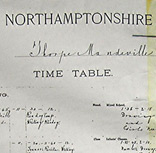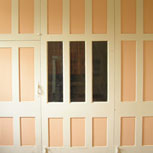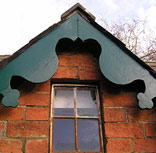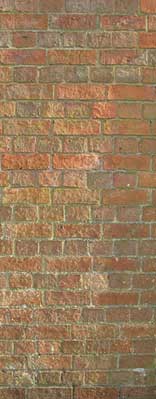
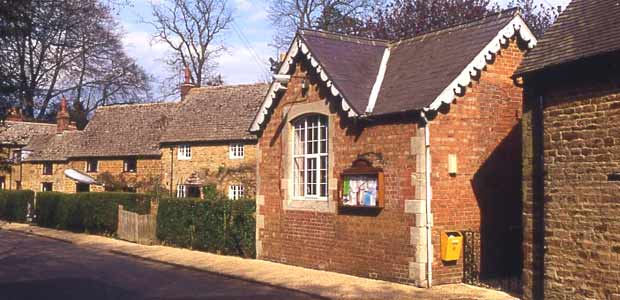
Thorpe’s red-brick
state school was built in 1864 on former glebe land. The land was conveyed
in July 1864 by the incumbent, Rev’d Robert Pargeter Humfrey, with the
consent of the Lord Bishop of Peterborough and the Overseers of the Poor of
the parish.
The first meeting of Thorpe’s ‘School Board’ was held in
1871, comprising the rector, two churchwardens and three other parishioners.
The meeting decided that ‘all children up to their twelfth birthday
be compelled to attend school’. This was higher than the national requirement
as it was not until 1880 that all children were compelled to attend school
between the ages of five and ten. Thorpe’s School Board set a local
parish rate to provide funds for school expenses. Nationally, fees for poor
children were paid by the boards from 1876 until 1891 when all fees were abolished.
The minutes of Thorpe’s School Board in August 1891 refer to the acceptance
of the free grant offered by the Education Department and that from 1 September
the school would become a free one.
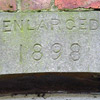 |
| Enlarged 1898 |
In 1896 the School Inspector
commented that ‘the small classroom is so crowded with heavy furniture
that free movements are impossible’. The rector pointed out that the
furniture had been ordered at the instigation of the inspectors in recent
years. The school building was enlarged in 1898 at a cost of almost £74.
Even then, it only had two classrooms, separated by folding screen doors,
for infants and juniors; the latter being known as the ‘mixed’
class. Thorpe’s average school attendance at the turn of the century
was 25 pupils.
Inevitably the little school closed; in 1967 all children were transferred
to Culworth School. The head teacher’s closing remarks poignantly remind
us of earlier times: “I shut the door of this little school with much
sadness. I do not think it is often realised how much a small school gives
in experience of human relationships. The younger ones striving to keep up
with the older; and the older ones taking thought and responsibility for the
younger. It is teaching in its ideal form. G. L. Haynes, 13 July 1967”.
Peterborough Diocesan Board of Finance sold the land and buildings in 1970
for £500 to a newly formed charitable trust known as Thorpe Mandeville
Village Hall. The hall has subsequently been the venue for many social activities.
(Foreground in the main photograph: The Village Hall (former state school), 1996)
